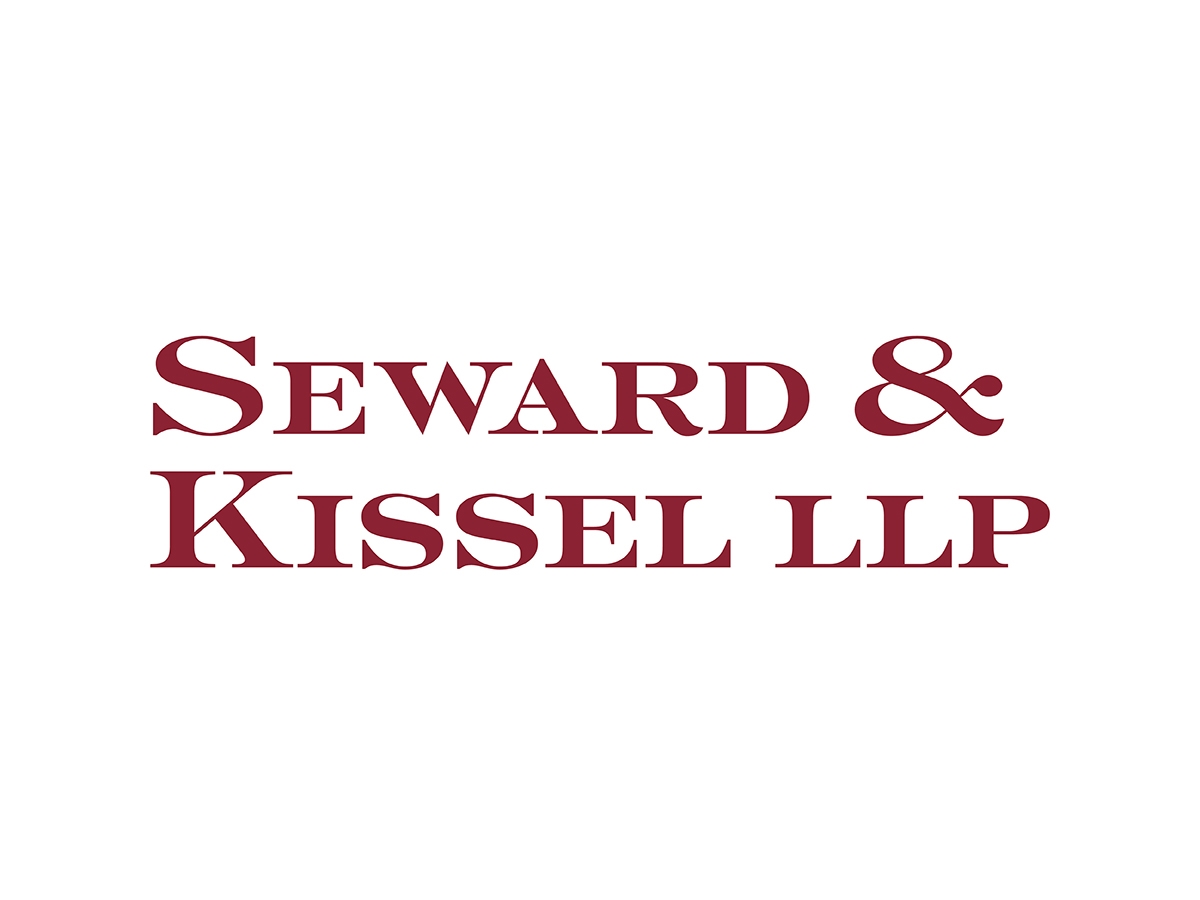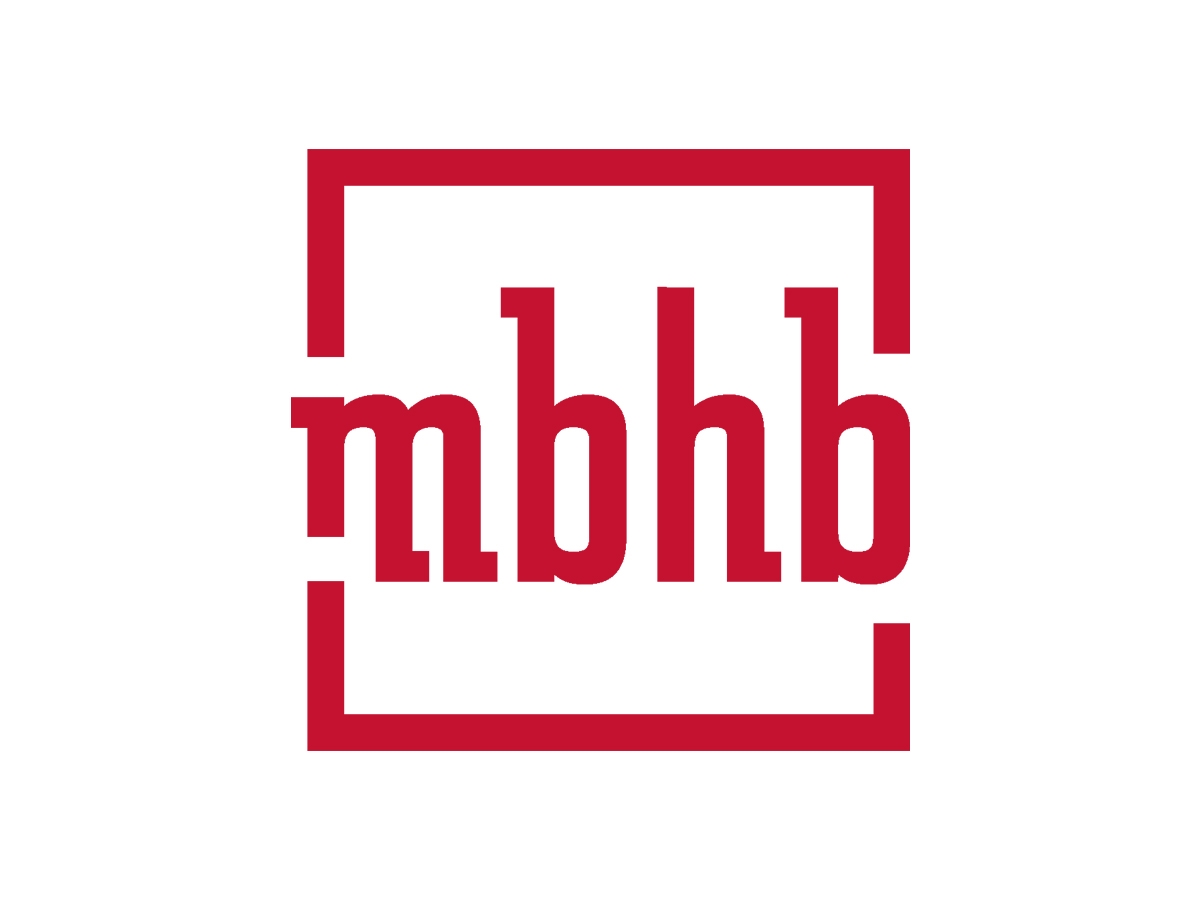Ofinno’s Story of Surviving and Thriving in the Patent Monetization Space
What is a patent worth? What makes patents valuable?
Patent practitioners, valuation experts, and academics spend a lot of time thinking about and debating these questions. But they rarely get fully tested.
Most patents are never litigated or licensed. Settlement negotiations and licensing agreements are often driven by factors that aren’t related to the worth of any individual patent. The latest judicial decisions provide some hints at the answers to these questions, but also frequently lead to overreaction and confusion.
And, as previous Clause 8 guests have rightly pointed out, the context of who owns the patents and for what purpose play a significantly bigger role in the value that can be leveraged from those patents compared to their worth on the open market. This helps explain why new business models for monetizing patents – from Ocean Tomo’s live auctions to Intellectual Venture’s invention capital market – rarely pan out as hoped in those first press releases heralding those business models.
After spending his life savings, founder Esmael Dinan thought that Ofinno would similarly fail and almost quit the patent monetization space. Instead, his judgments about what makes patents valuable were soon proven correct in the purest form possible: companies like Samsung, Comcast, Huawei, and Honda bought Ofinno’s patent.
Esmael got the idea for Ofinno after spending years as a prolific inventor at large operating companies that weren’t able to obtain valuable standard essential patents (SEPs) on their own.?Ofinno’s success selling patents validated Esmael’s vision of such transactions funding research focused on standard-based technologies.
Now CEO Kavon Nasabzadeh joined Ofinno as its first in-house patent attorney in 2018. As CEO, he is focused on growing Ofinno’s licensing programs in a wide variety of other technology areas, including telecommunications, next generation Wi-Fi, video compression, and semiconductors.
Esmael and Kavon join the Clause 8 podcast to talk about Ofinno’s unique story of success and its plans for the future.
Esmael’s impression of patenting process working at other companies:
“The inefficiency in the current system really was astounding. The inventors had no clue about what a patent is, what is the patent process, why do they invent, what is really a good patent, what is a bad patent, which inventions are more valuable – they had no clue.
On the other hand, the patent attorneys that I worked with had little appreciation about the details of the technology…I felt like the system is broken and inefficient, especially for getting standard essential patents. You have to have an optimized process from beginning to end, and that didn’t exist in a company that I worked for.”
Importance of quality over quantity for Ofinno:
“Quality trumps everything if you want to stand out and sell the patent. You need to have quality patents and then your claim charts, your prosecution history speak, and the patent specification speaks for itself. You put it in front of companies, and they’re very diligent in how they analyze the patents and determine the value.
The companies who do business with us don’t care if you have 100 patents or 5000 patents. If they can find 10 good patents in our portfolio, they really go through the entire portfolio to find those 10…For us, it’s different because every single patent is either a positive cash flow or a negative cash flow. If we can make money from it, that means that it’s a good investment. If we can’t make money on a single patent, then it’s a waste of money.”
Also on this episode, Esmael and Kavon discuss:
- Why large operating companies struggle to obtain valuable patents
- Ofinno’s unique in-house, team model for research & patent development
- The long monetization cycle for research-fueled patent monetization
- Process of working on standardized technologies and identifying gaps
- Finding the right broker & process of selling patents
- Kavon’s journey to CEO
- Joining Avanci’s 5G Connected Vehicle licensing program
- Scaling Ofinno’s model
Eli Mazour
Eli Mazour is a Partner with Harrity & Harrity LLP in Fairfax, Virginia, where he leads the firm’s patent prosecution team. Eli’s practice focuses on helping large technology companies build […see more]







